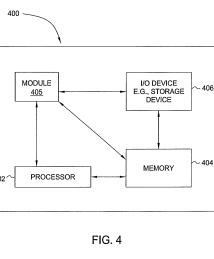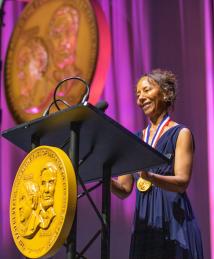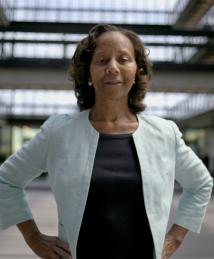Marian Croak
"Many people think inventors have to be brilliant and off the charts in terms of their IQ, super smart and super academic in school and have gotten all A's, and that's not at all true. Inventors are usually people like you. Sometimes they're good at certain things, other times they're not, and that's ok. Just focus on what you want to change and you become that change and can make that change happen."
Engineer Marian Croak has worked on advancing Voice over Internet Protocol (VoIP) technologies, converting voice data into digital signals that can be easily transmitted over the internet rather than using traditional phone lines. Her work has furthered the capabilities of audio and video conferencing, making it a practical reality in today’s world.
In 1982, Croak began her career at Bell Labs (later AT&T) with a position in the Human Factors research division, looking at how technology could be used to positively impact people’s lives. She subsequently went on to work on network engineering, where she contemplated the potential of digital telecommunications. Rather than use a traditional phone line for voice communication along with a digital method for internet data, she and her team thought both could be done digitally with the internet. Consequently, they focused on enabling voice traffic that could be both reliable and of high quality. Today, the widespread use of VoIP technology is vital for remote work and conferencing, as well as personal communications.
During her career, Croak and her team created a text-to-donate system for charitable organizations that first saw widespread use after Hurricane Katrina hit New Orleans in 2005, which raised $130,000. After the 2010 earthquake in Haiti, the technology raised $43 million in donations. Croak joined Google in 2014, where she now is vice president of engineering and leads the Research Center for Responsible AI and Human Centered Technology. She also has led a team bringing broadband to developing countries in Asia and Africa.
Croak attended Princeton University for her undergraduate studies and the University of Southern California for her doctorate, focusing on statistical analysis and social psychology. With more than 200 patents to her name, Croak also works on racial justice efforts at Google and continues her goal of encouraging women and young girls in engineering.



